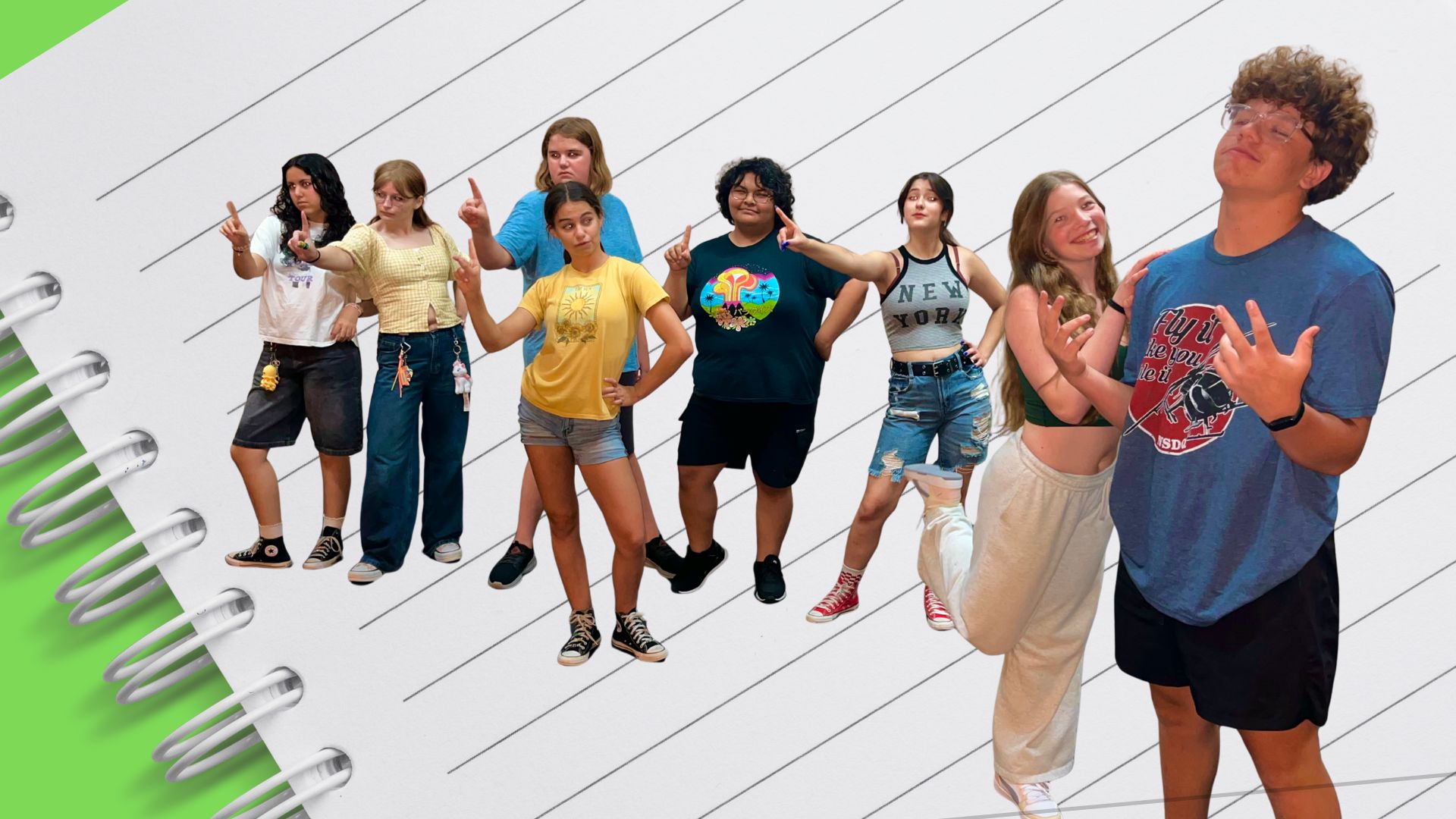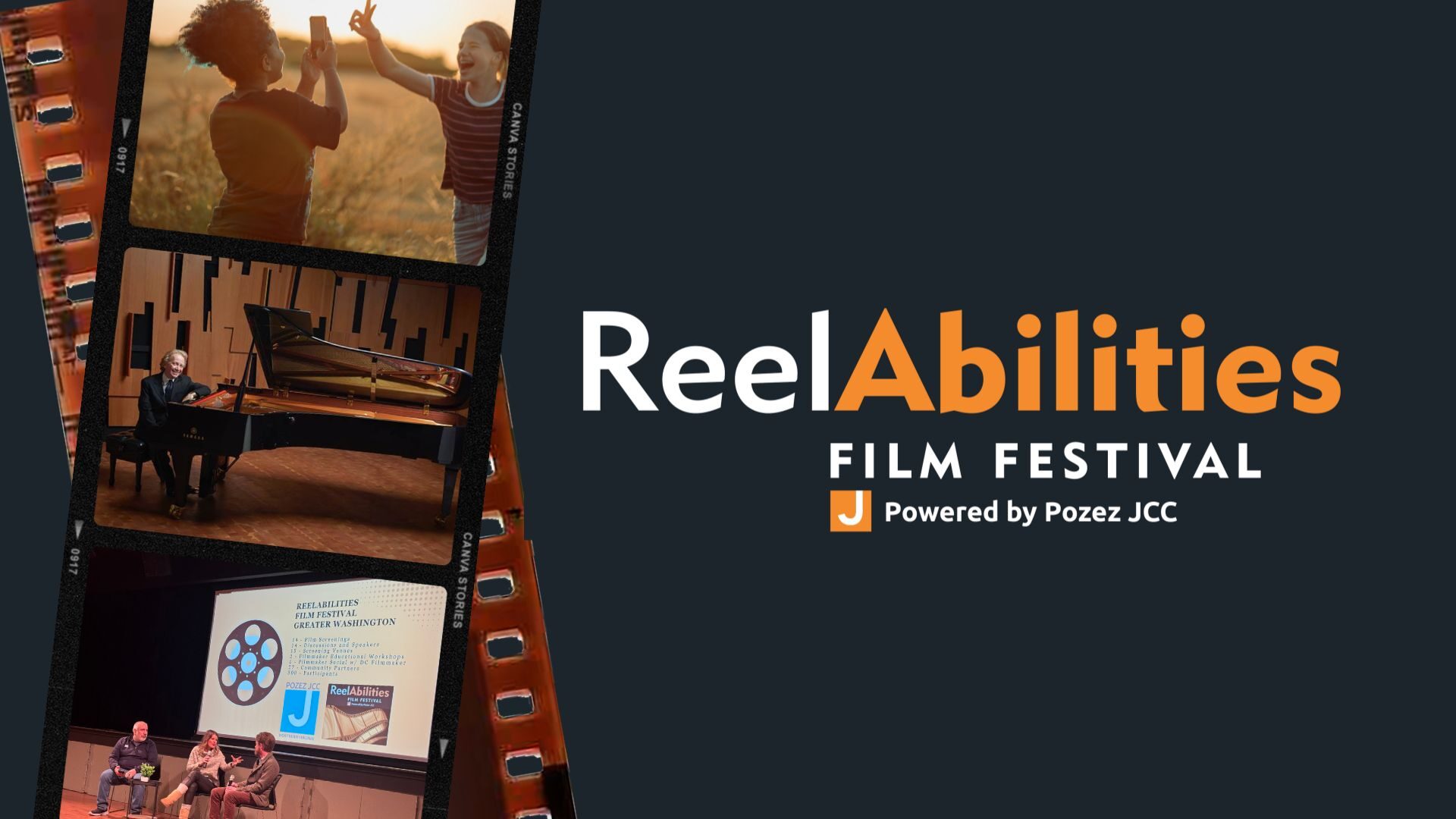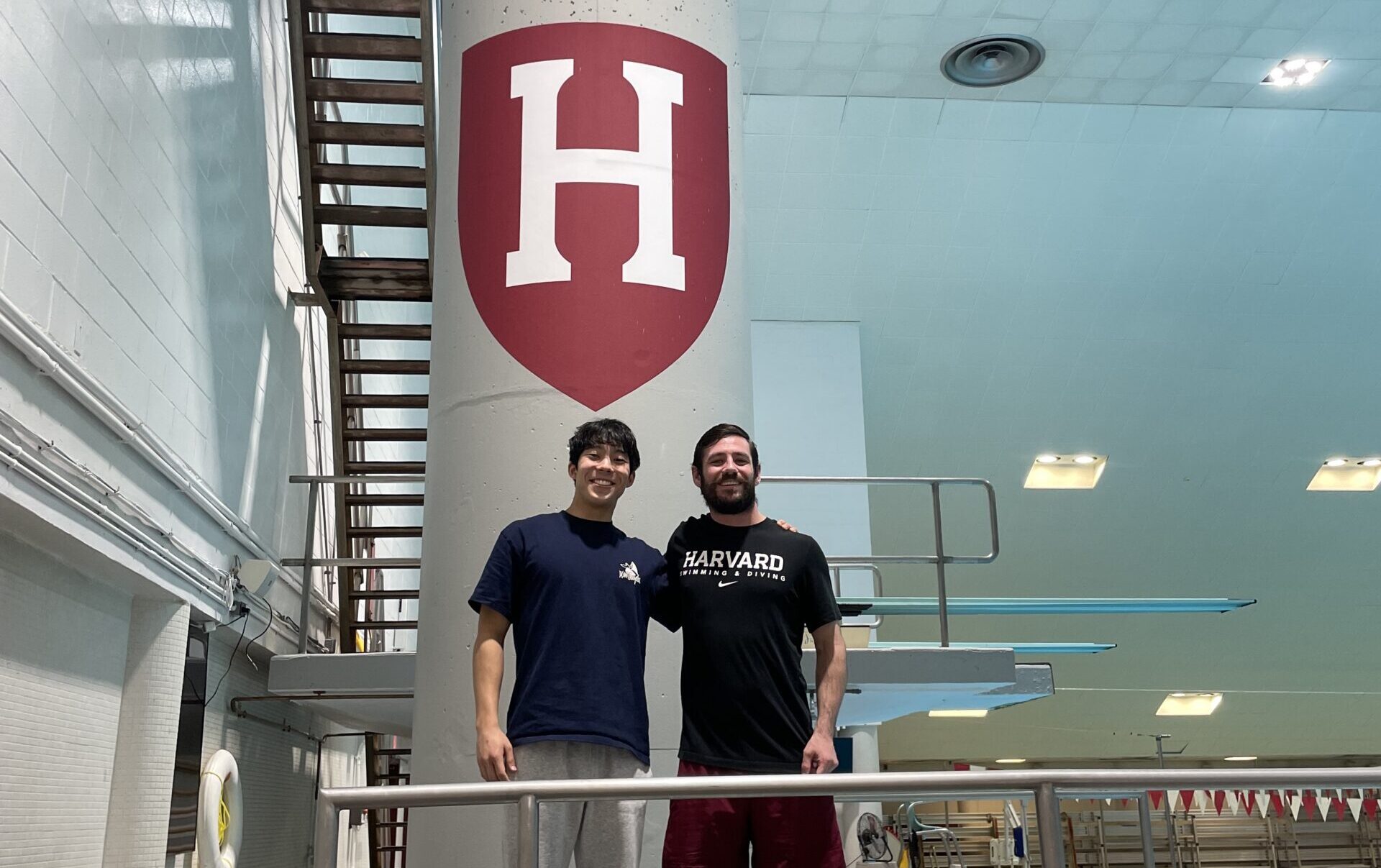The cast of the Pozez Jewish Community Center Community Theatre program’s (JCCCT) debut musical is made up almost entirely of teens who aren’t Jewish — which is part of what makes it such a powerful experience.
The production brings together young people from across Northern Virginia to explore identity, community, and culture through the shared experience of theater. Its debut show is “13,” a high-energy, heartfelt musical about a Jewish boy navigating adolescence, friendship, and identity after a cross-country move.
Launched by Eila Nash, the J’s School-Age Services Inclusion and Belonging Coordinator, JCCCT was created to provide a space for teens to positively express their creativity through performances that highlight and demonstrate Jewish themes and values.
“I wanted to create something that was integrated in the community,” Eila said. “Something low-pressure, joyful, and open to high schoolers, regardless of their background.”
What makes this program truly special is how it invites non-Jewish teens into a Jewish space, not just physically, but culturally.
“I always wanted to do ‘13,’” Eila explained. “It’s a Jewish story, written by a Jewish composer, Jason Robert Brown, and I thought, ‘What better way to launch a Jewish theatre program than with a show that celebrates Jewish identity in a way that’s accessible and universal?’”
The plot of “13” follows Evan Goldman, a New York teen preparing for his bar mitzvah who suddenly finds himself in a small Indiana town where no one quite understands what that means. For many of the JCCCT cast members, the character’s journey mirrors their own: learning to understand a culture and community that’s new to them.
That includes 15-year-old Griffin Wagner, who plays both Brett, a jock who goes from being the most popular kid in school to learning some hard lessons about relationships and respect, as well as Rabbi Shapiro, Evan’s main confidant.
“I’ve done a lot of shows,” Griffin said. “But this one has been really different. I didn’t know much about Jewish traditions before this, and playing a rabbi meant learning some Hebrew prayers, which was cool.”
For Griffin, who started acting in middle school, the chance to perform in “13” is about more than stage time. It’s about understanding, empathy, and allyship.
“I’m an ally to the Jewish people,” he said. “Everyone at the J has been really kind and welcoming. At the end of the day, people are just people, and we should all let each other live and be happy.”
He also connected deeply with the show’s message.
“It’s really about staying true to yourself and not letting popularity or other people’s opinions mess with your relationships or values,” he explained. “That’s something I think everyone can relate to.”
For Director Jackie House, a theatre major at George Mason University and a returning counselor at Pozez JCC’s Camp Achva, the show has opened up powerful conversations with the cast.
“Most of us aren’t Jewish, but we’re learning how to honor the culture and the values the show presents, things like family, tradition, and forging your own identity,” Jackie said. “There’s a beautiful lyric that goes, ‘I say I won’t cry, I cry until dawn, and then I move forward.’ It feels like the perfect message right now.”
Eila, who is not Jewish herself but has worked closely with the community for several years, hopes this program can be part of a broader shift as our world grapples with antisemitism and polarization around Jewish identity.
“There’s so much more to Judaism than headlines,” she said. “These kids are seeing that firsthand. They’re learning what a bar mitzvah is, what Hebrew sounds like, what Jewish celebration and coming-of-age look like. And they’re forming really positive associations with a community they may have never encountered otherwise.”
The effort also reflects Eila’s broader work in inclusion and belonging at the J. From neurodivergent campers to LGBTQ+ youth, she’s passionate about creating spaces where everyone feels welcome.
“Theatre is a natural extension of that,” she said. “It’s expressive, it’s collaborative, and it’s where a lot of queer and questioning teens already find themselves.”
It’s also where lifelong memories are made.
“I did theatre all through high school,” Eila added. “Those summer productions were some of the most meaningful experiences of my life. I just wanted to give that to someone else.”
From her dream to the stage, “13” has grown into something more than a musical. It’s a testament to what can happen when a community center truly becomes a community space for everyone.
Buy your tickets for “13,” which will run from Aug. 7-9.










